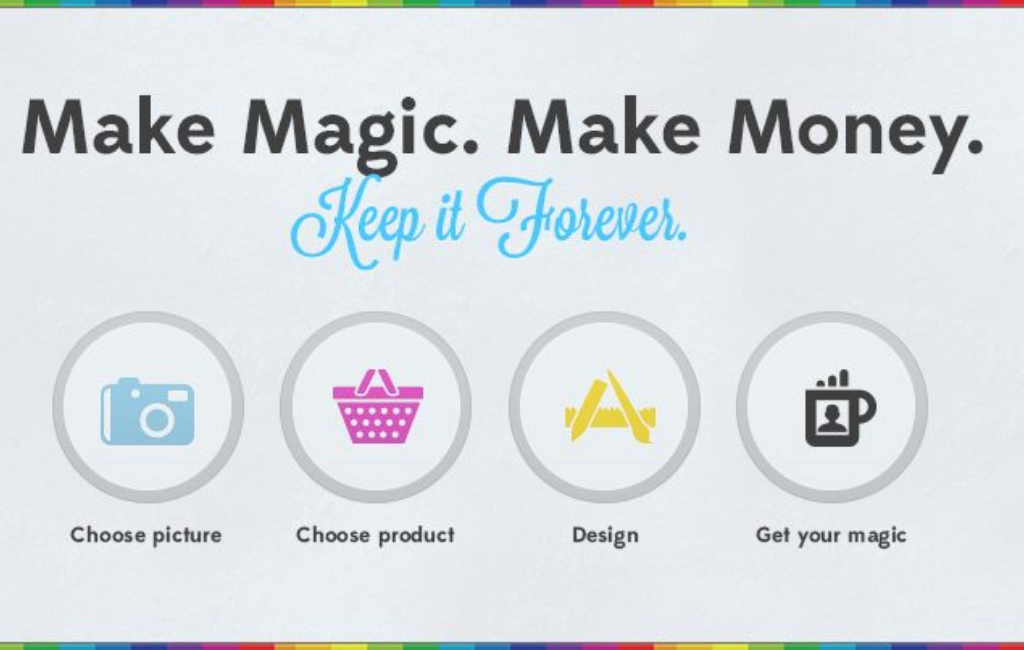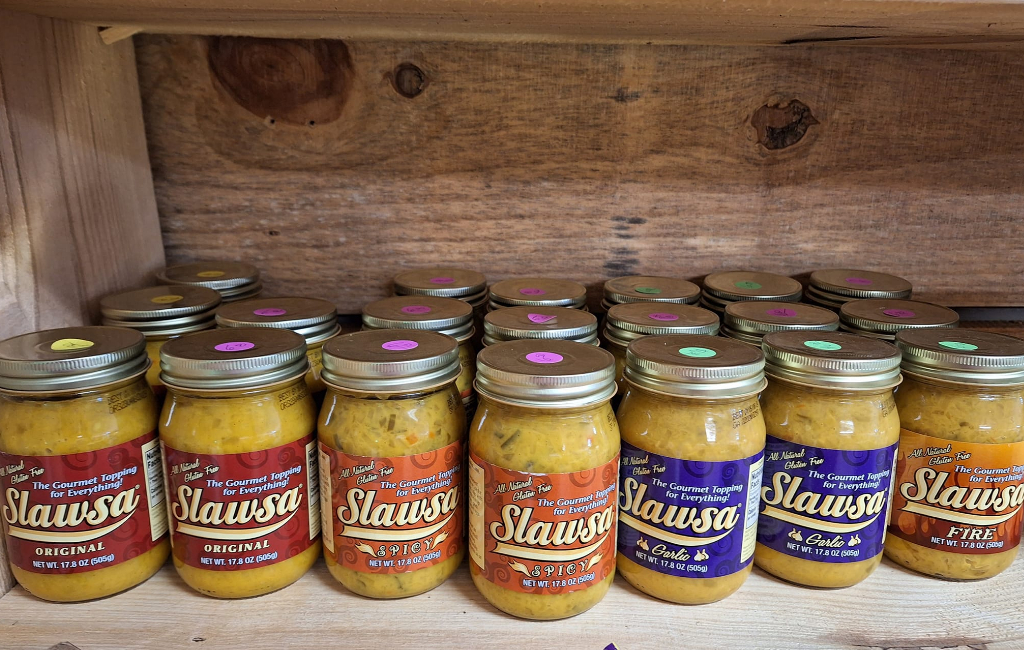Ring Video Doorbell – Doorbot
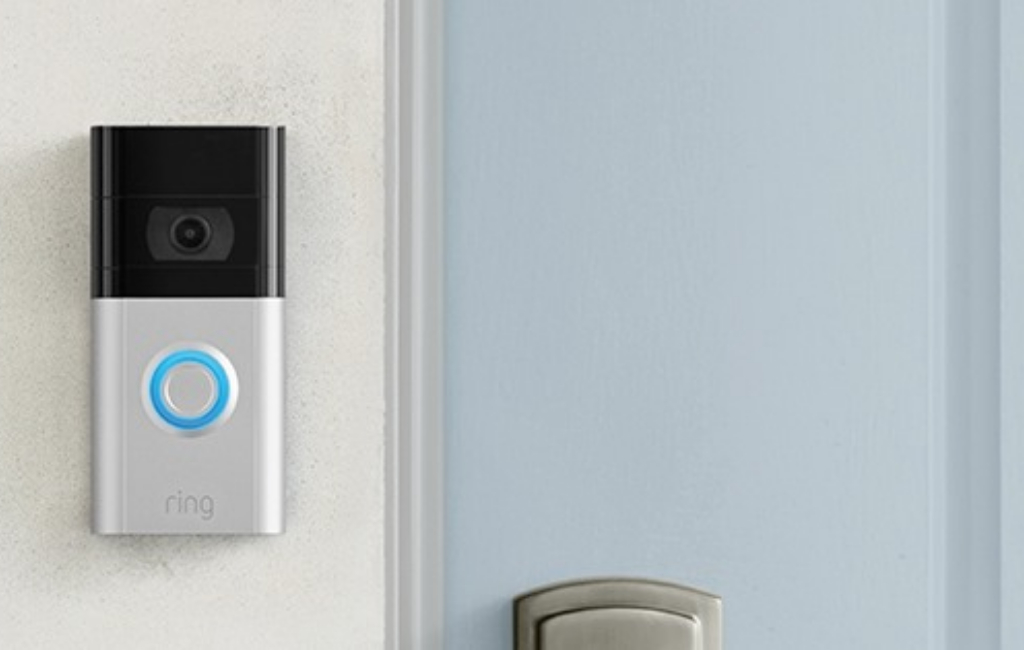
NO DEAL
EPISODE SUMMARY
🕓 Air Date: November 15, 2013
Asking For:
$700,000 for 10%
Investor:
No Deal
Deal:
No Deal
PRODUCT SUMMARY
Doorbot is the first-ever video doorbell built for smartphones, allowing users to see and speak with visitors from anywhere, adding both convenience and security to homes.
WATCH HERE
IN A RUSH?
Click these to jump to the section you want to read.
Background Story
Doorbot, founded by Jamie Siminoff, is headquartered in Los Angeles, California. Siminoff, an experienced entrepreneur and innovator, recognized a gap in the market for modernizing traditional doorbells. Despite the rapid advancements in smart home technology, doorbells remained largely unchanged since their invention in 1880. Siminoff, with his background in entrepreneurship and technology, saw an opportunity to revolutionize this aspect of home security and convenience.
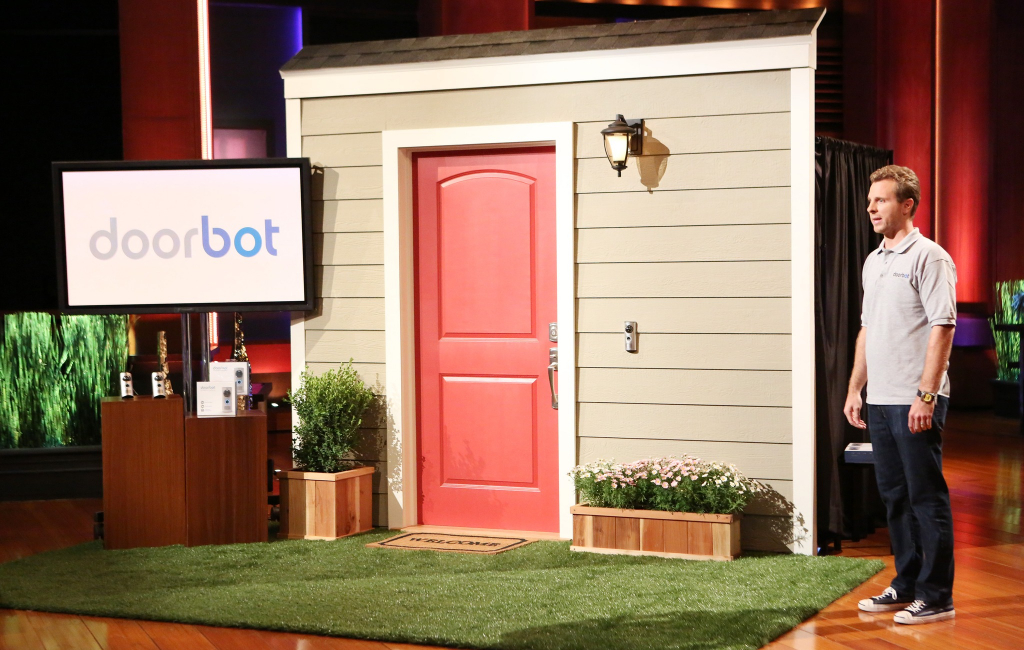
The idea for Doorbot came to Siminoff out of a need for a more advanced and secure solution for traditional doorbells. He observed the increasing trend of consumers outfitting their homes with smart home products, yet the doorbell had been overlooked in terms of innovation. Siminoff envisioned a doorbell that not only provided the convenience of remotely answering the door but also enhanced security by allowing homeowners to see and communicate with visitors from anywhere.
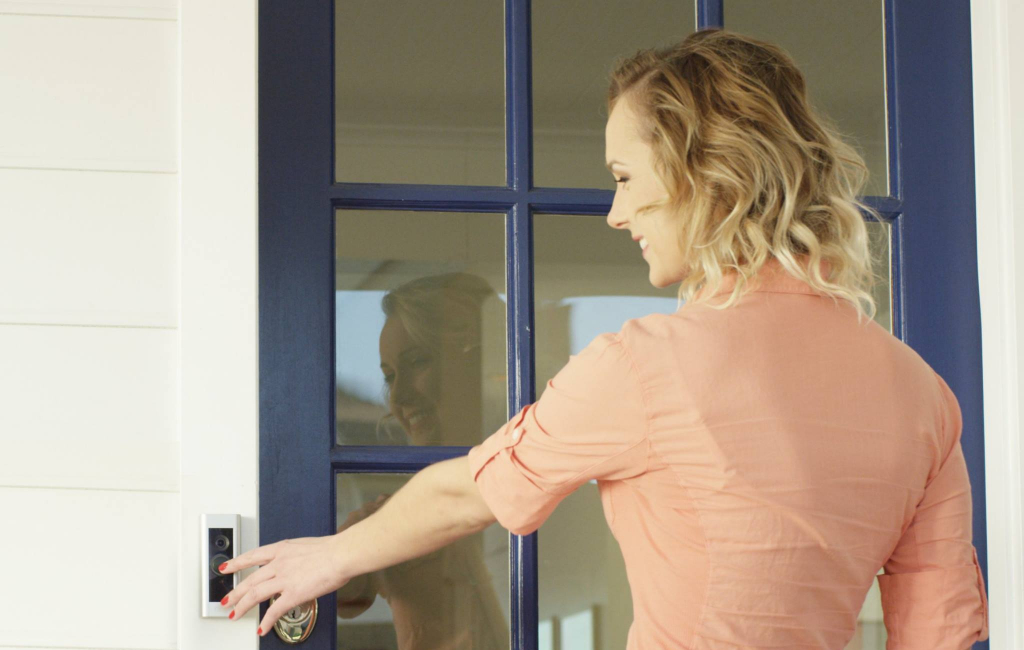
With his vision in mind, Siminoff embarked on creating Doorbot, the first-ever video doorbell built for smartphones. The product aimed to combine the functionality of a traditional doorbell with the convenience and connectivity of smartphone technology. By leveraging his expertise in technology and business, Siminoff developed Doorbot to meet the demands of modern homeowners seeking smarter and more secure home solutions.
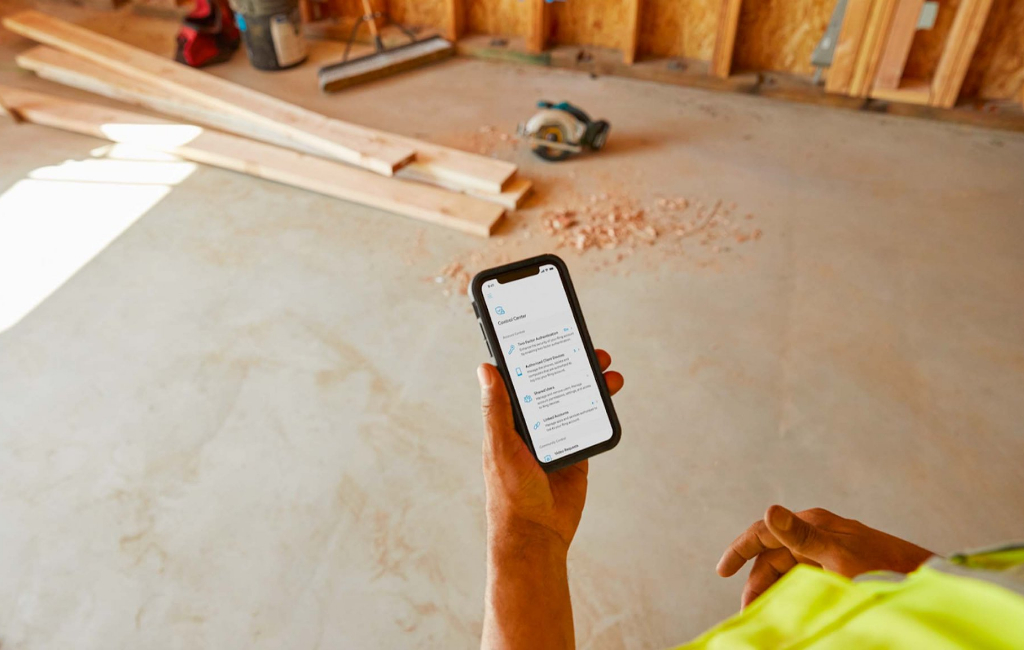
Siminoff’s entrepreneurial spirit and passion for innovation drove the development and launch of Doorbot. His background in founding and leading successful ventures equipped him with the skills and experience needed to bring his vision to life. Through Doorbot, Siminoff aimed to disrupt the traditional doorbell market and provide consumers with a cutting-edge solution that enhances both convenience and security in their homes.
The Product
Doorbot is a groundbreaking video doorbell designed to provide homeowners with enhanced security and convenience. Compatible with smartphones, Doorbot allows users to see and communicate with visitors at their front door from anywhere with an internet connection.
The product works by integrating a camera and speakers into a sleek doorbell design. When a visitor rings the Doorbot, users receive a notification on their smartphone and can access a live video feed of the front door. They can then choose to accept the call and engage in two-way communication with the visitor, or decline if they’re unavailable or do not recognize the person.
Key features of Doorbot include:
- Live video streaming: Users can view a real-time video feed of their front door through the Doorbot app.
- Two-way audio: Doorbot allows for clear communication between users and visitors via built-in speakers and microphone.
- Remote access: Users can control Doorbot remotely from anywhere using their smartphone.
- Motion detection: Doorbot includes motion-sensing capabilities to alert users of activity at their front door, even if no one rings the bell.
Doorbot can be purchased directly from the company’s online store for $199. It is also available for sale through select retail partners, with plans for expansion into additional channels in the future. With its innovative design and advanced features, Doorbot offers homeowners peace of mind and convenience in managing their home’s security.
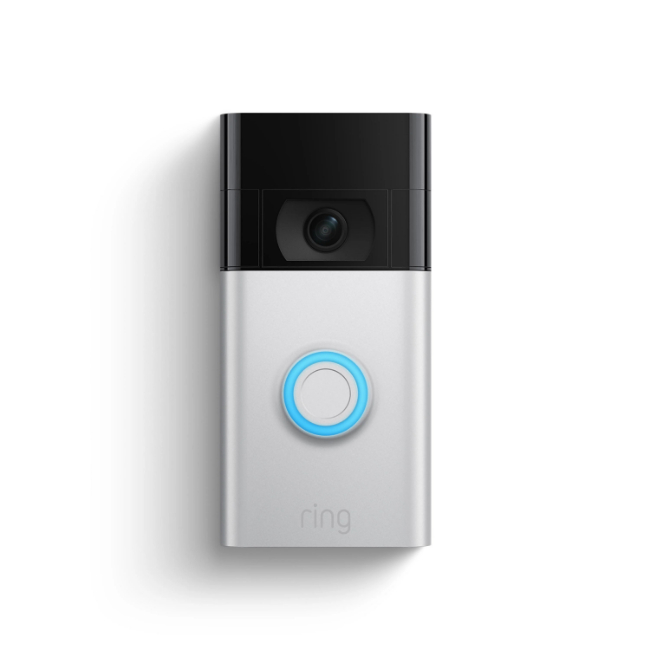
How It Went
The company’s position before Shark Tank
Doorbot has demonstrated impressive performance and growth since its inception. The company has successfully captured a significant share of the video doorbell market and positioned itself as a leader in innovative home security solutions. With headquarters in Los Angeles, California, Doorbot has established itself as a reputable brand known for its cutting-edge technology and user-friendly products. Doorbot’s primary sales channel is direct-to-consumer through its online store. However, the company has also begun expanding its distribution channels, with partnerships with retailers such as Staples.
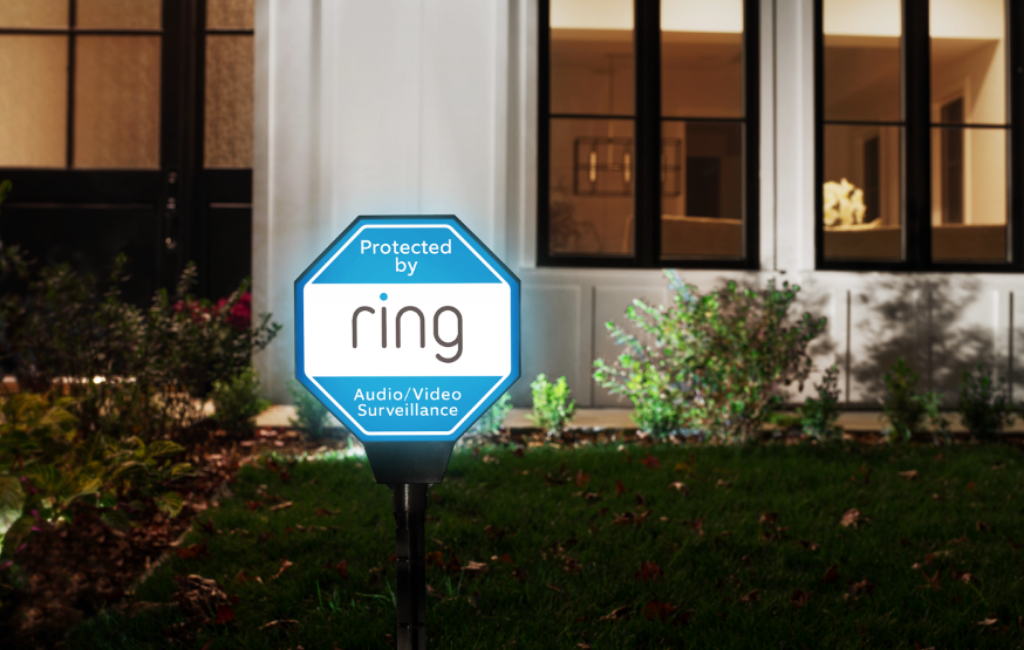
The company’s customer base consists of homeowners seeking modern and convenient home security solutions. By offering a product that combines functionality, affordability, and ease of use, Doorbot has successfully attracted a loyal customer following. In terms of funding, Doorbot initially sought investment from the Sharks on “Shark Tank,” demonstrating the company’s need for capital to fuel its growth and expansion efforts. Although a deal was not secured during the show, Doorbot continues to explore various funding options, including venture debt or lines of credit, to support its operations and strategic initiatives.
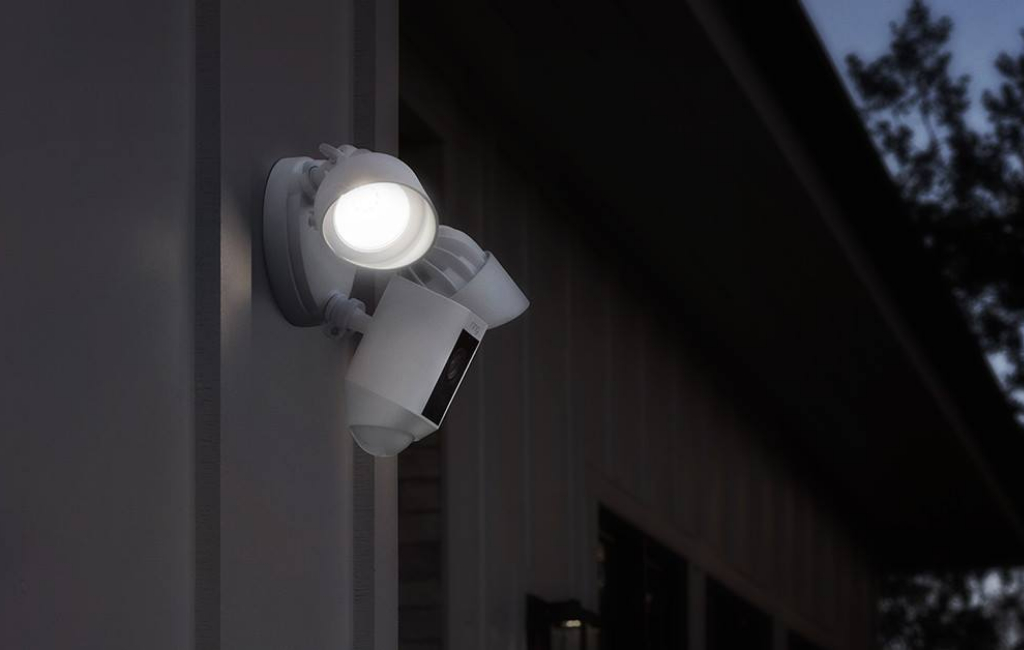
As for the company’s financial health, Doorbot has experienced rapid revenue growth, achieving over $1 million in sales within nine months of launching. With sales continuing to climb, Doorbot has demonstrated its ability to capture market demand and generate profits. The company’s available capital and financial structure are undisclosed, but its strong sales performance suggests a healthy financial position and ample resources to support ongoing growth initiatives.
The Negotiations:
During the negotiations on “Shark Tank,” Doorbot’s founder, Jamie Siminoff, presented a compelling pitch to the Sharks, seeking $700,000 for a 10% equity stake in the company. Although Doorbot garnered interest from several Sharks, including Mr. Wonderful, no deal was ultimately reached. Mr. Wonderful made an offer of $700,000 for a 10% royalty, dropping to 7% after recouping the investment, along with 5% equity. However, Siminoff expressed concerns about giving up a significant portion of sales revenue indefinitely, leading him to decline the offer.
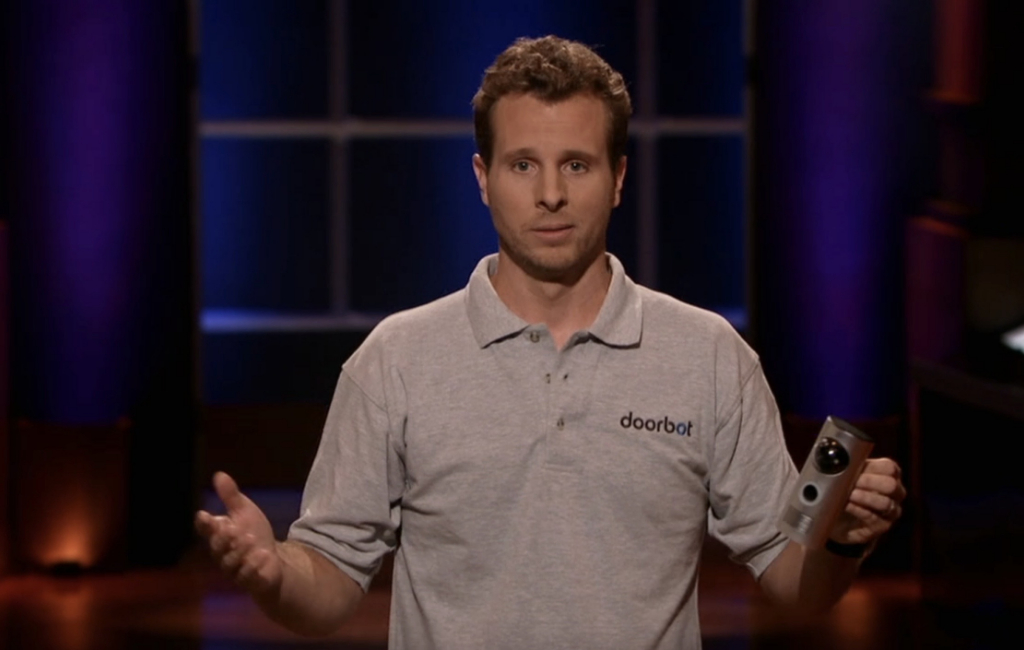
Other Sharks raised questions about Doorbot’s differentiation and pricing strategy. Lori Greiner, for instance, expressed doubts about the product’s ability to distinguish itself from competitors in the market. She opted out of making an offer, citing concerns about the product’s value proposition. Robert Herjavec and Mark Cuban also decided not to invest, expressing reservations about Doorbot’s long-term viability and market positioning.
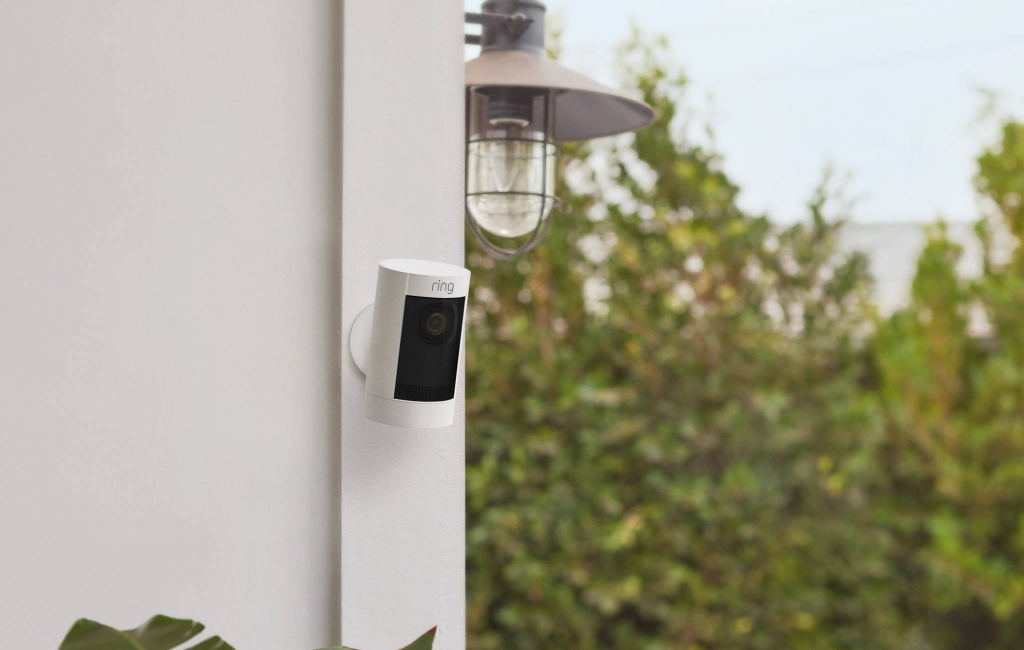
Despite initial interest from multiple Sharks, Doorbot ultimately declined all offers and chose to pursue independent growth. While the negotiations did not result in a deal, Doorbot’s appearance on “Shark Tank” provided valuable exposure and validation for the company’s innovative product and business model. The episode showcased Doorbot’s potential and positioned the company for continued success in the competitive home security market.






